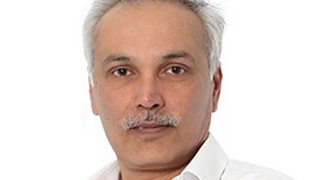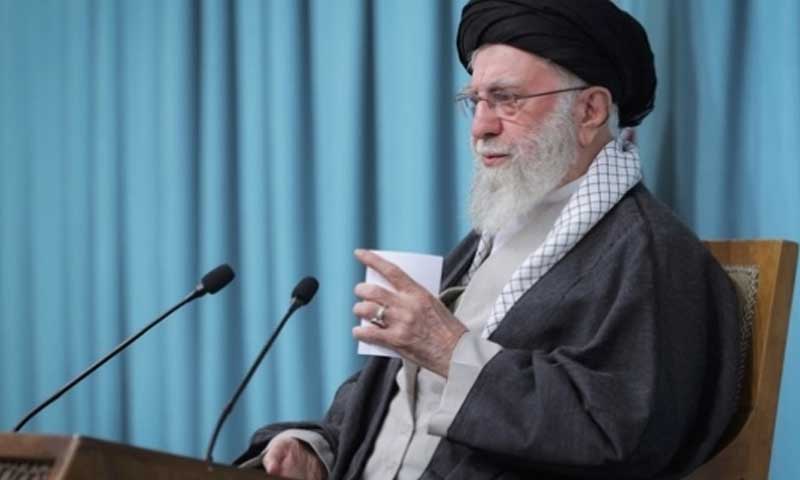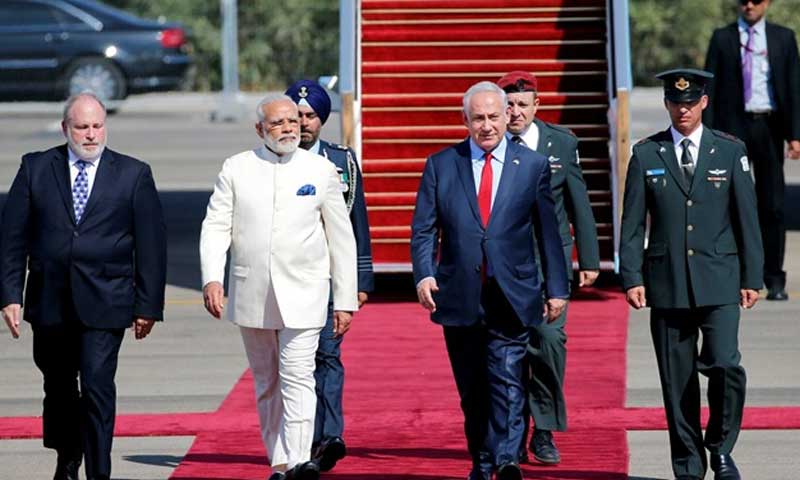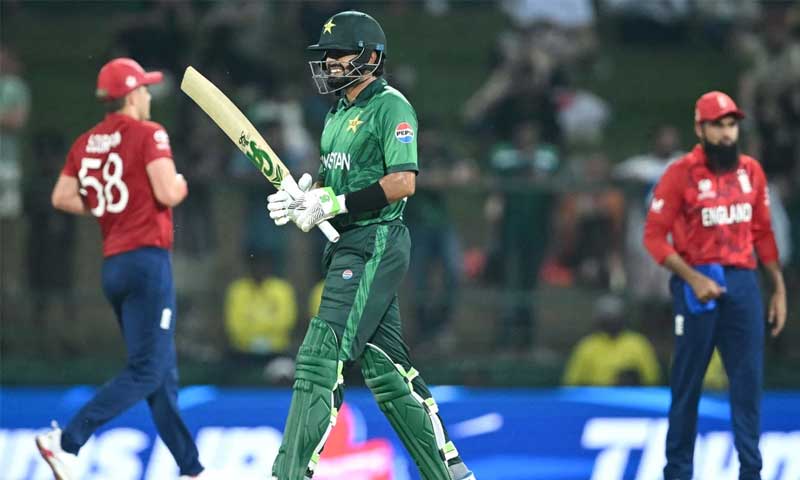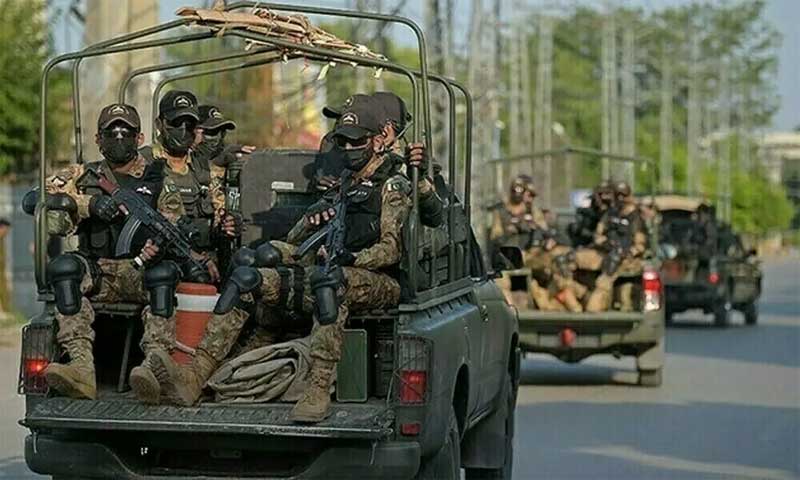- Web Desk
- Yesterday
Isa’s burden
Setting things right may be the toughest of ambitions, especially in a country where the default ambition has traditionally been the exact opposite. At best, it has served all of our civil and military leadership as a classic red herring that keeps their politics afloat. Everyone seems reconciled to the fact that it is merely something to be said, not necessarily done. No wonder then that the road to this ambition is littered with more booby traps than stings in a hornets’ nest.
And that makes Pakistan’s Chief Justice Qazi Faez Isa’s choice to tread this path as confounding as it is admirable. From blowing the lid of secrecy right off the processes that feed the most important of our judicial decisions to whittling down his own discretionary powers, Isa’s bite seems to be getting bigger by the day. The obvious question, then: is he biting off more than he can chew?
His brilliant handling of the Practice and Procedures Act 2023 was the first indication of his intent to take matters head on, rather than spend his year-long mandate treading on egg shells. The committee set up by him to constitute benches is still attracting flak from within but choosing to treat it as nothing more than background noise, he has since taken on two more challenges that are as explosive in their impact on how we understand our history as they are on the turmoil of our current politics.
Allowing a presidential reference that had been pending for 11 years, a reference that will set the seal on whether the very institution he now heads was, in the not so distant past, guilty of cold blooded murder, is an act of courage that effortlessly eluded the 18 CJPs between himself and the one who oversaw one of the darkest days in our judicial history.
Not that the intent is to punish the guilty – for that ship has surely sailed. None of the key characters in that sordid two-year long drama between 1977 and 1979 are alive today. Hardly one in the 20 million-odd voters to have joined the electoral rolls since the last election is even expected to know the names of those conspirators. Yet it is an issue that continues to hang over our politics like a cloud that obfuscates our sense of truth, justice, fair play and, indeed, history itself.
As such, it is not an attempt at undertaking a punitive endeavour but a corrective exercise aimed at excising the illogic from our logic. Without it, our coming generations may never understand why democracy continues to remain smothered even when the whole world is crying out for letting it breathe a bit more freely in Pakistan. Unless we re-examine the verdict that sent Pakistan’s first democratically elected leader to the gallows, we can never even begin to understand the complexity of political authoritarianism that seems no longer confined to men in uniform.
Not only will it helps us fathom why four successive elected governments failed to complete their tenure in the 1990s, it may even shed some light on why we are more drawn to fascistic ideals than democratic ones – irrespective of whether these extreme ideals are espoused by our military leadership, our home grown jihadi networks or our leaders in mufti.
Only by understanding these demons from our past will we be able to arm ourselves against those eyeing our future. Its critical importance lies in the fact that where past demons could at most only define the fundamental architecture of our fault lines, those with an eye on our future can rip them apart with a permanence that we can perhaps not even begin to comprehend at this stage – just as we in West Pakistan, collectively, were unable to recognise the inevitability of Bangladesh.
It was disappointing to see two of our current and potentially future leaders absent from the first televised session on the presidential reference calling for a re-examination of the verdict on Zulfikar Ali Bhutto. One, who could have gained valuable insights to his future by being there, may be excused for he is in jail, battling demons of his own making, and may have been refused the opportunity to attend even if he had asked. But the other, the PMLN leader who is aiming to return to office for the fourth time, needs to do some serious soul searching, for the second of the challenges taken up by the Chief Justice affects him directly.
Recognising the conflict between the SC’s verdicts on disqualification of politicians and the recent changes made to the Election Act 2017, CJP Isa seems determined to end the ambiguity that is threatening his political future. He should have understood that the presidential reference is not just about Z. A. Bhutto or just one chapter in our political history, but a continuum of power-drunk opportunism that shows no signs of abating – even if it has temporarily masked its frown behind a deceptively benign smile.
More simply put, Mian Nawaz Sharif should have realised that setting things right is not Qazi Faez Isa’s burden alone. He has taken up the challenge because he is brave and upright, not because he hopes to benefit from it. Come this time next year, CJP Isa is not going to be around but Sharif is very much hoping to be there. It makes sense for him to understand that when the finger points to the moon, only an idiot will look at the finger.


